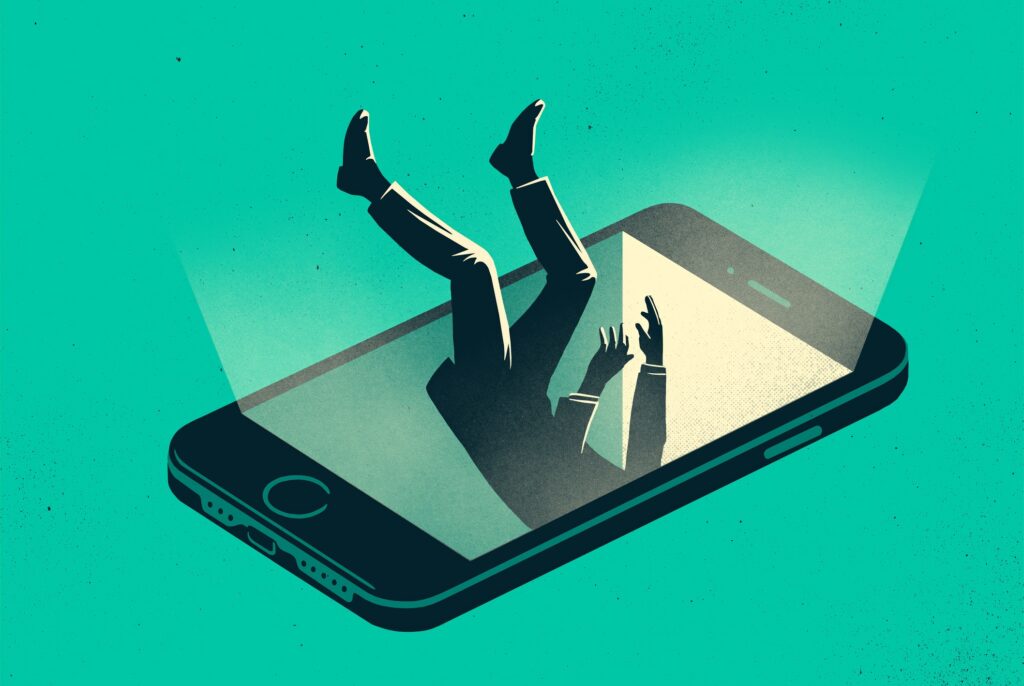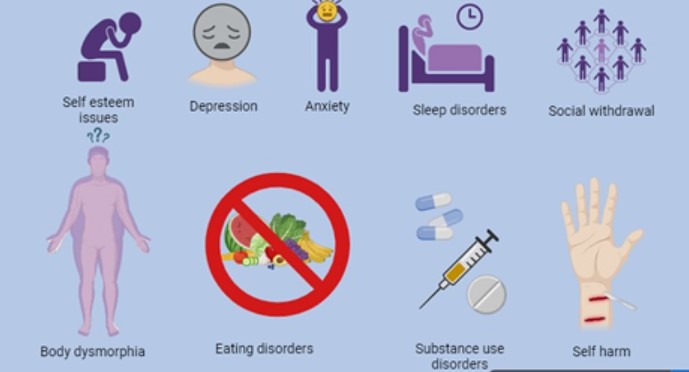The Link Between Smartphone Addiction, Social Media, and Superficiality

In today’s digital world, Smartphone addiction and social media overuse are deeply connected to rising levels of superficiality. Technology has transformed how people think, interact, and consume information — often leading to distraction and shallow engagement.
Causes of Superficiality in the Digital Age

Excessive Smartphone and Social Media Use
Excessive smartphone and social media use make it easy to focus on entertainment instead of meaningful content. Many users spend hours scrolling through videos, memes, or viral posts, neglecting deeper or educational material.
Focus on Entertainment Content
Social platforms are designed to promote quick, flashy, and viral content. This encourages people to react impulsively rather than reflect thoughtfully.
Psychological and Social Pressures
Psychological pressures also play a role. Stress, loneliness, and anxiety often drive individuals toward light, effortless content that provides temporary relief but no real fulfillment.
Effects of Growing Superficiality

Decline in Serious Interests
The consequences of superficial digital behavior extend beyond lost time. Interest in serious topics such as science, art, or culture often fades, replaced by gossip and trends.
Shallow Thinking and Communication
Conversations become shallow, reducing the quality of communication and weakening critical thinking skills.
Mental Health Consequences
Over time, this constant exposure to surface-level content can cause emptiness, restlessness, and mental fatigue, increasing the risk of anxiety and depression.

Benefits of Reducing Superficiality
A Shift Toward Meaningful Content
Reducing shallow engagement helps redirect attention toward meaningful information.
Better Mental Health
People who focus on educational, cultural, or inspirational content report better concentration and stronger emotional well-being.
Improved Focus and Productivity
By minimizing distractions, it becomes easier to think critically, set goals, and make real progress in personal and professional life.
Smartphone addiction and social media use do not have to control your focus. By managing your habits mindfully, you can reduce superficiality, protect your mental health, and reconnect with what truly matters.
- YOU MAY BE also INTERESTED IN:
- https://wonderdealsweb.com/the-phenomenon-of-mental-distraction-and-forgetfulness-due-to-addiction-to-smartphones-and-social-media/
- https://wonderdealsweb.com/practical-solutions-to-overcome-smartphone-and-internet-addiction/
- https://wonderdealsweb.com/the-impact-of-smartphones-on-human-life-a-comparison-with-old-mobile-phones/




